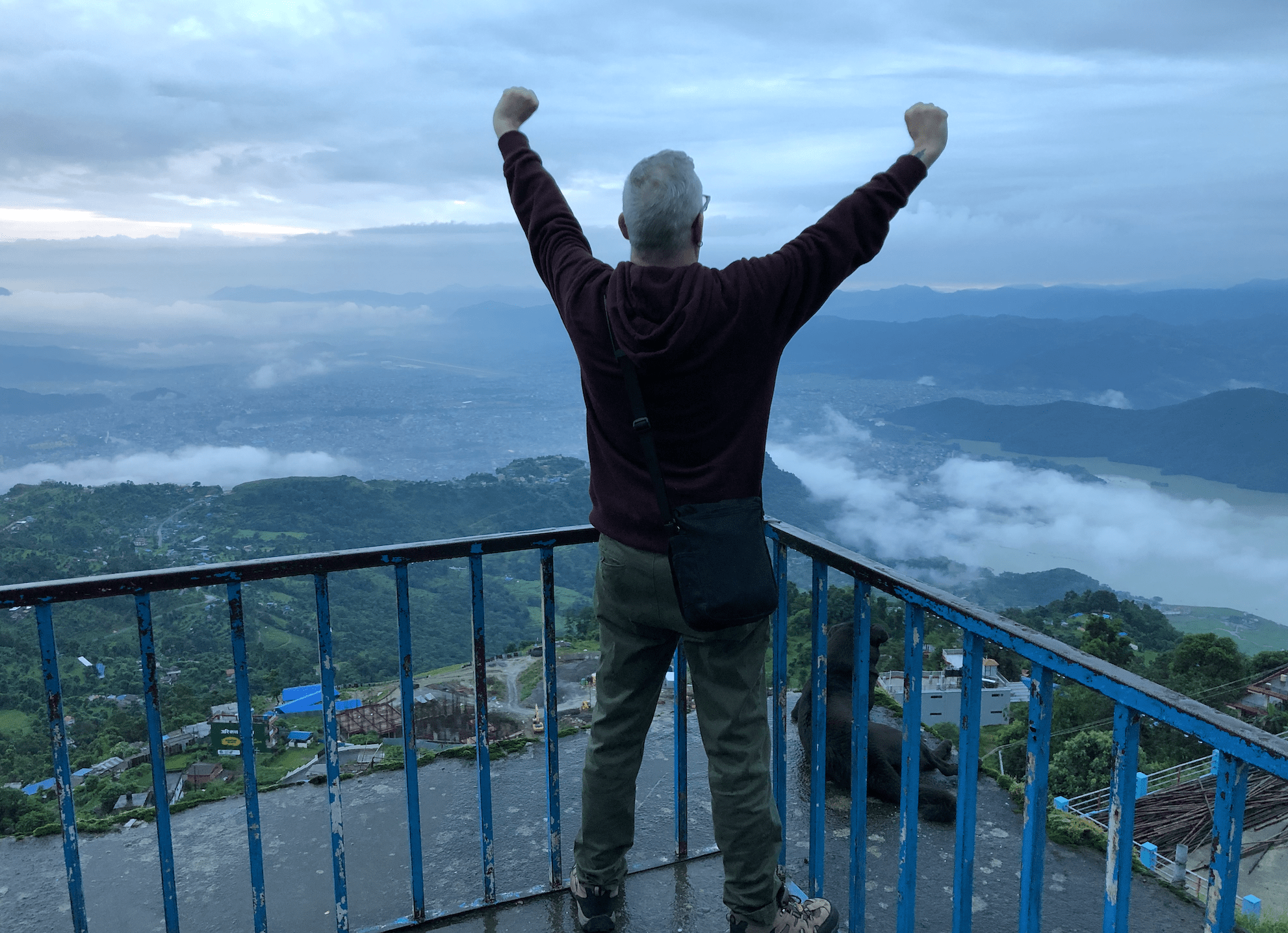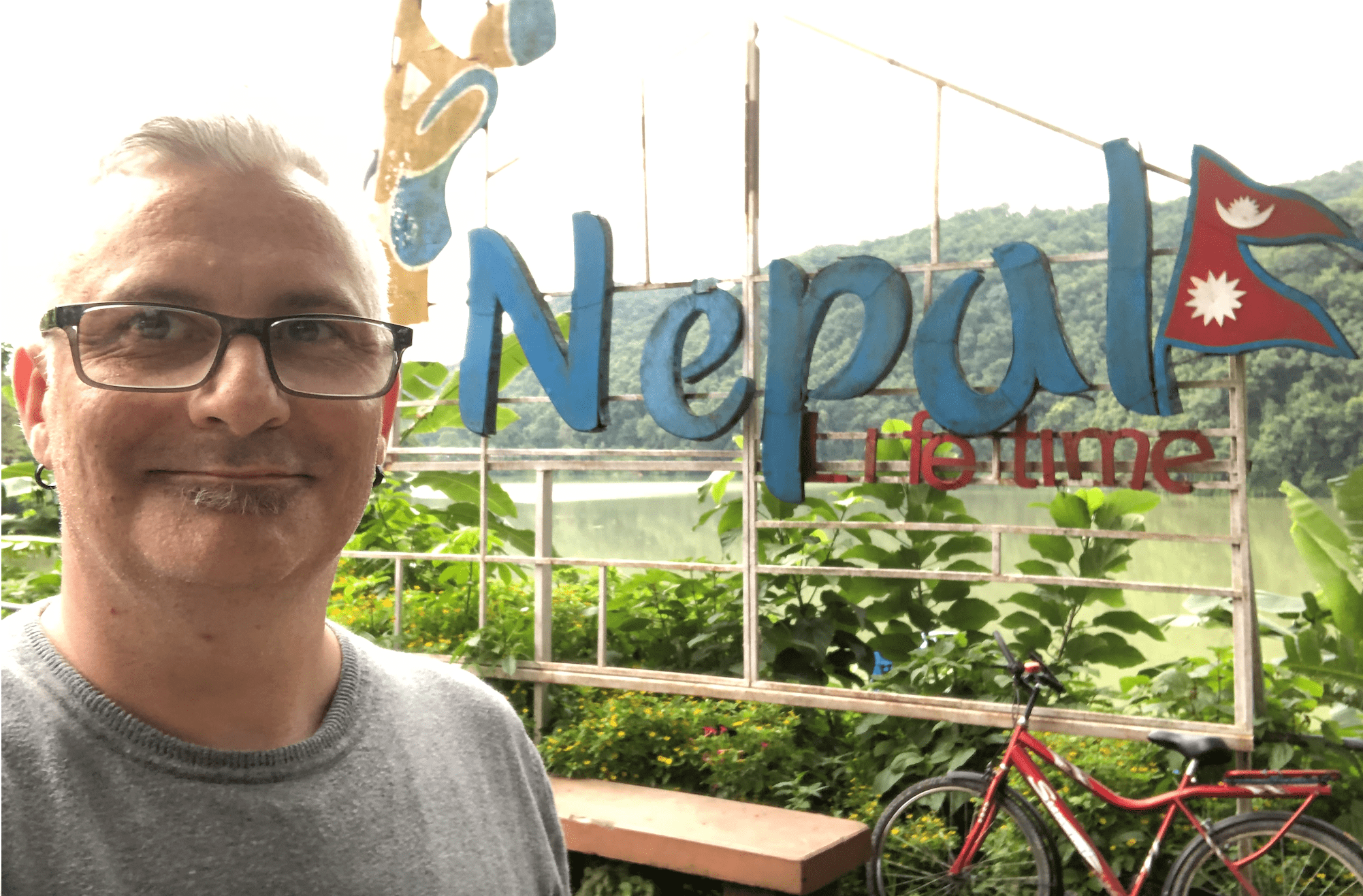This article was written on the lands of the Darug peoples. I acknowledge the Traditional Custodians of this land and I pay my respect to elders’ past, present and emerging. I extend my respect to all Australian Aboriginal and Torres Strait Islander peoples today.
I wish to acknowledge Western Sydney University Social Science Department, the International Centre for Integrated Mountain Development (ICIMOD), and the Himalayan Universities Consortium (HUC) for the opportunity to attend a 14-week internship in Kathmandu.



I am Western Sydney University (WSU) student who has an extensive travel and tourism background for over 20 years, and I recently graduated as a Bachelor of Tourism Management. As part of my degree, I completed an internship with ICIMOD. ICIMOD’s tourism mission is ‘…to enhance community involvement in tourism by improving capacities to host tourists, strengthening product and service linkages, and valuing and preserving the natural and heritage elements that enable visitors to enjoy an authentic tourism experience’.
My internship at ICIMOD may be considered different to a norm as it was not in an administrative 9am to 5pm position, but rather a task-based role. These tasks were coordinated through consultation with the various ICIMOD departments and external stakeholders. They helped me navigate various anomalies within the Nepali tourism paradigm and was a holistic way to look at a rather moribund tourism industry, post pandemic.
The program in Nepal enabled me to observe tourism theory in a real-world setting. It was truly a wonderful experience and exceeded my expectations, in fact I may say one of the highlights of my time at Western Sydney University. I gained a deeper appreciation of sustainability within the tourism paradigm both in Nepal and worldwide. The placement enhanced my understanding of Nepali culture; the tourism industry in Nepal; and the resilience the nation, and its people, have. I will never forget the kindness and hospitality I encountered from the Nepali people, I always felt like I was amongst friends and family.
My time in Nepal had a profound effect in my future directions within the tourism industry. Upon my return, I asked myself how I could help the tourism industry to be more sustainable, and what can I give back to people and the communities that rely on tourism? The answer was to contribute to tourism through continued study and move from secondary to primary research. I am a now a researcher, well, a student researcher, studying a Master of Research at WSU with a focus on sustainable tourism.
For any potential HUC students thinking of studying or travelling to Nepal, do not hesitate, do it. You will enjoy and learn greatly from it. Thank you, WSU, ICIMOD, HUC and the people of Nepal.